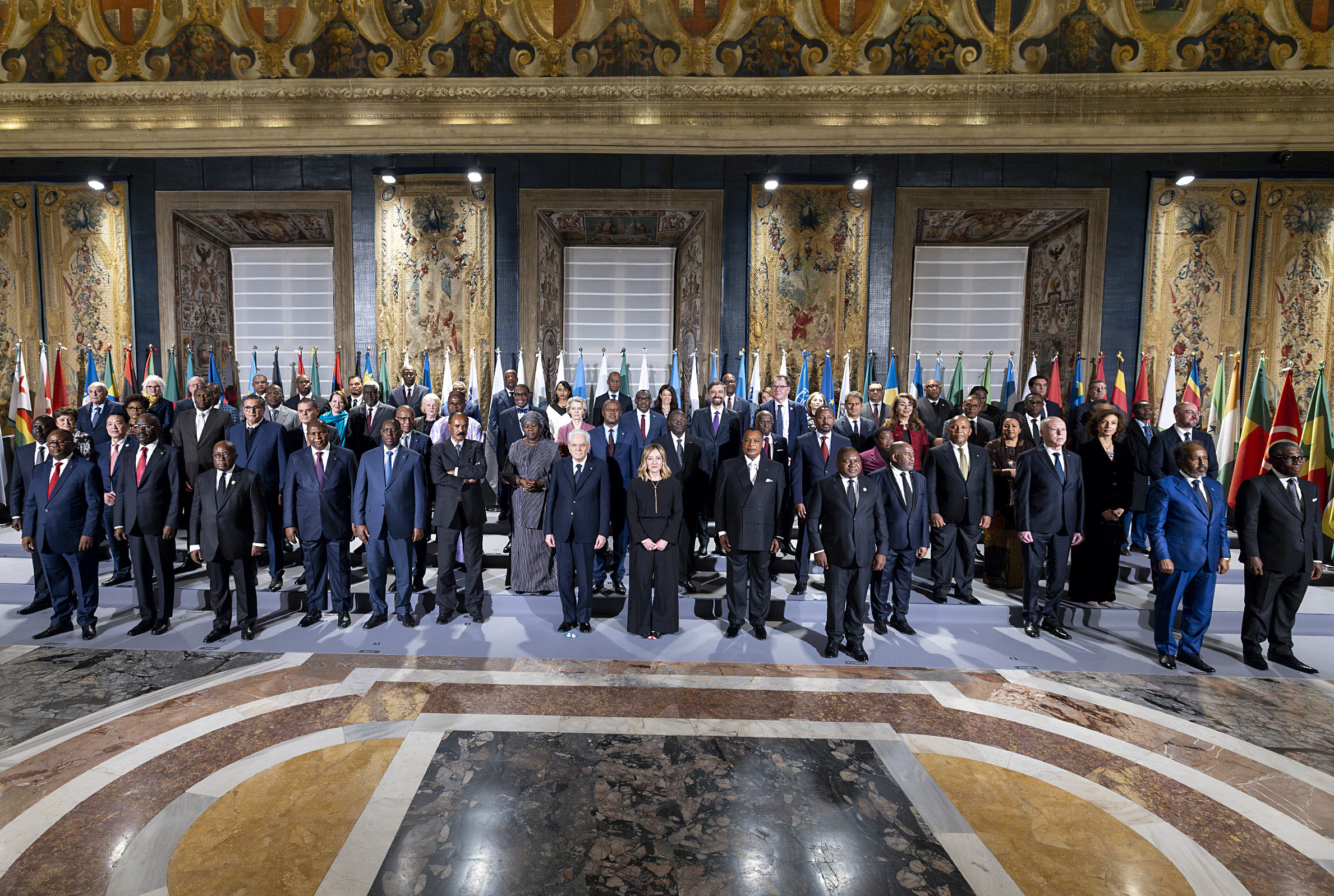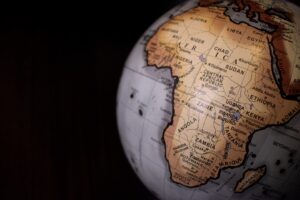The Italy-Africa Summit will be held in Rome on 28 and 29 January. Here, the Italian government will present and share with several African leaders the political framework and the guidelines of the Mattei Plan, a strategic plan aimed at fostering economic development in the African countries. From what we know so far, energy is going to play a big role in this Plan, named after the founder of the Italian oil & gas company Eni.
Italy needs an innovative and bold strategy, one that can define a real paradigm shift from past models. This is the only way for the Plan to actually represent an equitable, non-paternalistic approach towards the African continent, as Italian Prime Minister Meloni has announced since the beginning of her mandate, and to effectively achieve its ultimate goal – that is, addressing root causes of migration towards Europe. In this framework, it is also necessary to consider, on the one hand, the demographic scenarios for Africa, which present an exponential growth, and on the other the increasingly severe impacts that climate change is having on already vulnerable African countries.
Italy’s foreign policy focus on Africa is crucial from the security and political point of view, but also on the economic level, where energy – or in other words the supply of fossil fuels – has always played a major role. This became even more central in the wake of the energy crisis exacerbated by Russia’s invasion of Ukraine, when Italy carried out an impressive investment campaign on African fossil fuels. Yet this relational pattern towards Africa appears today obsolete and not aligned with Italy’s goals and interests, for many different reasons.
Indeed, neither Italy’s energy security – which has already been ensured – nor the downward trend analysis of the gas demand and price at the Italian and European level justify new investments and public financing for gas exploitation in Africa. Furthermore, this exploitation would also be in contradiction with Italy’s commitments towards decarbonisation.
Another argument that frequently motivates new investments in fossil fuels in Africa sees gas as a driver to economic and social development and political stability. Yet this argument calls for a deeper analysis – namely if the final aim of investing in Africa is the promotion of a sustainable, long-term development for African countries. The instability that has characterized oil and gas international markets throughout the last two years has indeed demonstrated how the stable, sustainable and inclusive growth that African countries need cannot be based on fossil fuels. Not to mention the impact that such development model insisting on oil & gas would have on climate, especially in a continent where the effects of climate change are increasingly devastating: just to give an example, according to estimates, only in 2022 in Africa extreme weather, climatic and hydrogeologic events caused damage for $8.5 billion.
To become a real strategic partner for the African continent in the long-term, Italy should look elsewhere. And it should do so by embracing the opportunity offered by the green growth and the energy transition. This means, first and foremost, focusing on renewable energy sources. Nevertheless, the focus should also be on critical raw materials, which are key for the energy transition, as well as on supporting other economic sectors which can represent an alternative to the fossil fuel industry, and on the promotion of policies of adaptation to climate change.
All these points played a central role during the African Climate Summit held in Kenya last September, when African leaders emphasised the will to draw a path towards a development model based on green growth and a low-carbon economy, away from a model of exploitation of extractive resources. But these claims can also be found when listening to the heterogeneous voices of the African civil society: earlier this week around seventies African Civil Society Organizations addressed a letter to the Italian government, asking for their perspective to be taken into consideration when drafting and implementing the Mattei Plan. Indeed, the involvement of African civil society is essential to develop a Plan that is truly co-constructed with African partners – where the partners are not only elites – and that really is non-predatory and equitable.
This implies that all sectors, even the most innovative ones, need to shift away from those exploitative logics that have so far characterised the relationship with African countries, to foster instead the creation and growth of local value chains as a first step towards an all-round African development.
Thanks also to the G7 presidency, in 2024 Italy has the political space at the international level to bring about a change of pace that could really contribute to unlocking Africa’s potential. In this framework, the financial level necessarily needs to play a major role, through the reform of the international financial architecture, for which Italy should advocate within the G7, and with solutions which could help to provide immediate liquidity support and restore the debt sustainability of African countries. The stakes are high. Will the Mattei Plan be the right framework for this paradigm shift?
Photo by Clker-Free-Vector-Images







